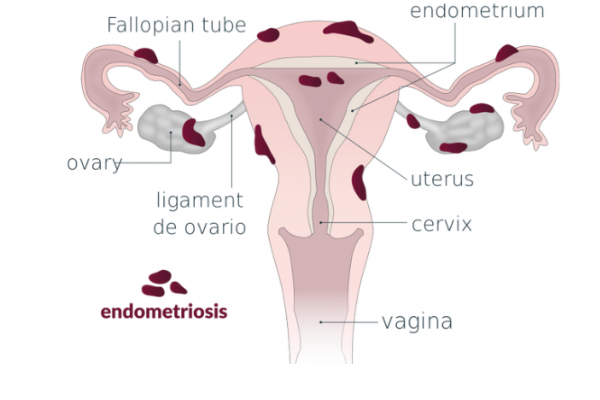1. Severe period pain isn't normal
Period (menstruation) pain bad enough to interfere with your daily life (eg, going to school or work, or taking part in day-to-day activities) is not normal. You should seek help from your healthcare provider and ask about what's causing your pain.
2. Teenagers aren't too young to have endometriosis
Teenagers and young women in their early 20s are not too young to have endometriosis. In fact, most women experience symptoms during adolescence but, unfortunately, don’t get diagnosed and treated until they are in their 20s or 30s. Endometriosis can start as early as a girl's first period.
3. Hormonal treatments don't cure endometriosis
Hormonal treatments, such as the combined oral contraceptive pill, medroxyprogesterone acetate or norethisterone, temporarily ease symptoms of endometriosis, but only while the medications are being taken. Once you stop taking the medications, symptoms can often return.
4. Endometriosis does not equal infertility
Many young women are given the impression that having endometriosis will mean they will be infertile (unable to conceive a baby). While this may be the case, many women with endometriosis do go on to have children.
5. Pregnancy doesn't cure endometriosis
Pregnancy, like hormonal drug treatments, may temporarily stop the symptoms of endometriosis, but doesn't cure it – symptoms usually recur after the birth of the baby.
Read more about endometriosis.







